الوصف
The Plague is a novel by Albert Camus, published in 1947. It tells the story from the point of view of a narrator of a plague sweeping the French Algerian city of Oran. The narrator remains unknown until the start of the last chapter, chapter 5 of part 5. The novel presents a snapshot of life in Oran as seen through the author’s distinctive absurdist point of view. The book tells a gripping tale of human unrelieved horror, of survival and resilience, and of the ways in which humankind confronts death, The Plague is at once a masterfully crafted novel, eloquently understated and epic in scope, and a parable of ageless moral resonance, profoundly relevant to our times. In Oran, a coastal town in North Africa, the plague begins as a series of portents, unheeded by the people. It gradually becomes an omnipresent reality, obliterating all traces of the past and driving its victims to almost unearthly extremes of suffering, madness, and compassion. The Plague is considered an existentialist classic despite Camus’ objection to the label. The novel stresses the powerlessness of the individual characters to affect their destinies. The narrative tone is similar to Kafka’s, especially in The Trial, whose individual sentences potentially have multiple meanings; the material often pointedly resonating as stark allegory of phenomenal consciousness and the human condition.
-
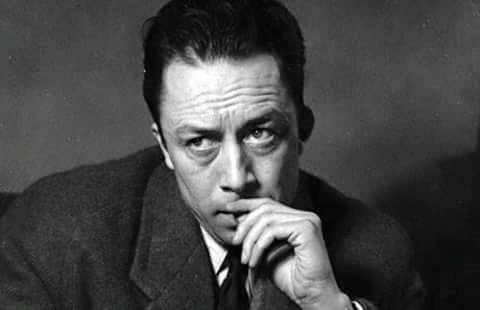
Albert Camus (1913-1960) was a representative of non-metropolitan French literature. His origin in Algeria and his experiences there in the thirties were dominating influences in his thought and work. Of semi-proletarian parents, early attached to intellectual circles of strongly revolutionary tendencies, with a deep interest in philosophy (only chance prevented him from pursuing a university career in that field), he came to France at the age of twenty-five. The man and the times met: Camus joined the resistance movement during the occupation and after the liberation was a columnist for the newspaper Combat. But his journalistic activities had been chiefly a response to the demands of the time; in 1947 Camus retired from political journalism and, besides writing his fiction and essays, was very active in the theatre as producer and playwright (e.g., Caligula, 1944). He also adapted plays by Calderon, Lope de Vega, Dino Buzzati, and Faulkner's Requiem for a Nun. His love for the theatre may be traced back to his membership in L'Equipe, an Algerian theatre group, whose "collective creation" Révolte dans les Asturies (1934) was banned for political reasons.
The essay Le Mythe de Sisyphe (The Myth of Sisyphus), 1942, expounds Camus's notion of the absurd and of its acceptance with "the total absence of hope, which has nothing to do with despair, a continual refusal, which must not be confused with renouncement - and a conscious dissatisfaction". Meursault, central character of L'Étranger (The Stranger), 1942, illustrates much of this essay: man as the nauseated victim of the absurd orthodoxy of habit, later - when the young killer faces execution - tempted by despair, hope, and salvation. Dr. Rieux of La Peste (The Plague), 1947, who tirelessly attends the plague-stricken citizens of Oran, enacts the revolt against a world of the absurd and of injustice, and confirms Camus's words: "We refuse to despair of mankind. Without having the unreasonable ambition to save men, we still want to serve them". Other well-known works of Camus are La Chute (The Fall), 1956, and L'Exil et le royaume (Exile and the Kingdom), 1957. His austere search for moral order found its aesthetic correlative in the classicism of his art. He was a stylist of great purity and intense concentration and rationality.
Camus was awarded the Nobel Prize for Literature in 1959.
Camus died on 4 January 1960 at the age of 46, in a car accident near Sens, in Le Grand Fossard in the small town of Villeblevin.
عرض جميع الكتب

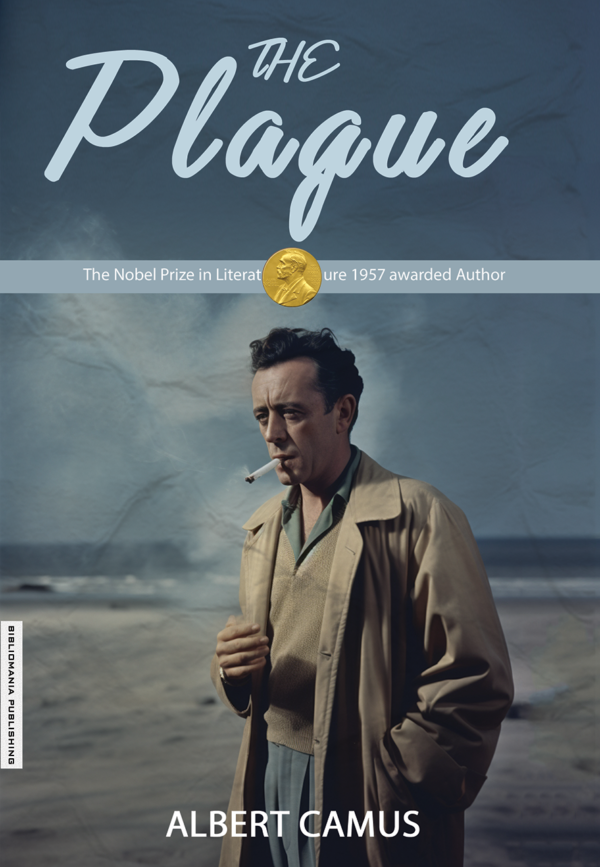
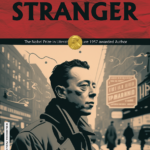




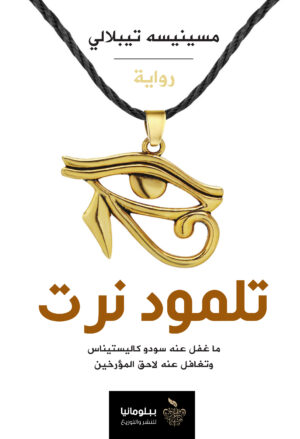



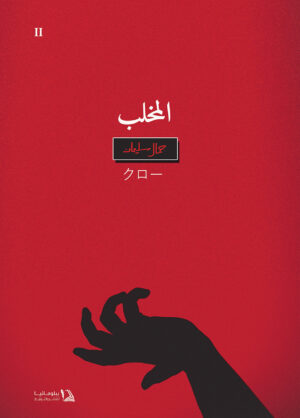

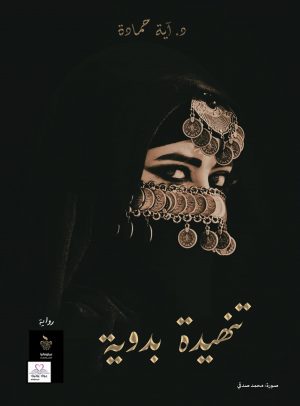

المراجعات
لا توجد مراجعات بعد.